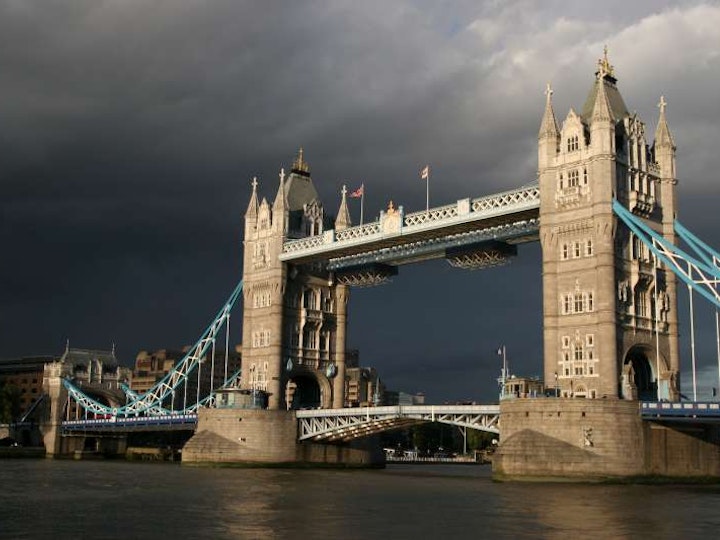Banks leaving Brexit Britain: How 'hard' can it be?
Following UK Prime Minister Theresa May's 'hard' Brexit announcement, in which the UK is set to leave the EU single market, Associate Professor of Finance Dr Andreas Hoepner shares his thoughts on the claims that a number of key banks in the city will relocate jobs from London to other EU countries:

Following UK Prime Minister Theresa May's 'hard' Brexit announcement, in which the UK is set to leave the EU single market, Associate Professor of Finance Dr Andreas Hoepner shares his thoughts on the claims that a number of key banks in the city will relocate jobs from London to other EU countries:
'Hard' Brexit and individual trade agreements may well be good for exporting goods. James Dyson and other manufacturers for instance will be licking their lips about the opening up of new export markets with potentially preferential terms. However, trade deals always come at a price and in this instance it appears that it is the export of services that will lose out. The loss of passporting rights for banks is one consequence, possibly seen as collateral damage by the Prime Minister but in reality a potentially enormous wound for the financial services sector. Banks will be relocating relevant staff to Dublin, Paris, Luxemburg or Frankfurt. Two major banks – UBS and HSBC - have now come out to tell us so. We can be in doubt no longer.
Theresa May will unlikely be able to satisfy both the interests of manufacturing in Northern England and the financial services and the city in the South. With her hand forced by public and Parliamentary pressure, she has sided with those interests that are likely to bring in more votes at the ballot box. The real loser in all of this is the UK public, whose economic welfare will no doubt suffer as the knock-on effects of this strategy start to hit home.
| Published | 20 January 2017 |
|---|